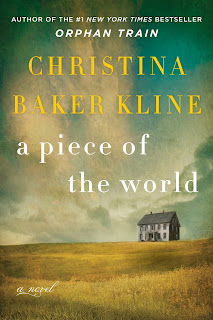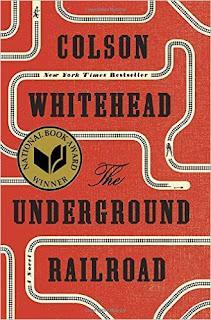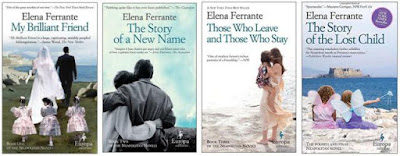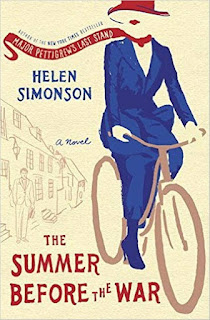 What a trilogy! Wow. It is dark. It is brutal. There are shameful deeds, shocking betrayals, and blood feuds. Wars and reconciliations. Violence and tenderness. This trilogy really covers all areas of human emotion. A friend says it's a cross between Game of Thrones and Hunger Games. I think it also has a dash of Divergent and tiny drop of Harry Potter in there as well. Pierce Brown has created a fascinating world with his Red Rising trilogy.
What a trilogy! Wow. It is dark. It is brutal. There are shameful deeds, shocking betrayals, and blood feuds. Wars and reconciliations. Violence and tenderness. This trilogy really covers all areas of human emotion. A friend says it's a cross between Game of Thrones and Hunger Games. I think it also has a dash of Divergent and tiny drop of Harry Potter in there as well. Pierce Brown has created a fascinating world with his Red Rising trilogy.
Darrow grows up as part of a slave race, the Reds. The thing is, they don't realize they are slaves. They think they are doing the hard labor of mining underground on Mars so future generations can come and terraform Mars and create a better future. What the Reds don't know is that they have been lied to.
 Tim Gerard Reynolds narrates all three of these books. Reynolds does
such a good job portraying the heart of Darrow, our main character, that
he seems the perfect person to read these stories. Reynolds hails from Ireland with classical theater training. His strong Irish accent gives the story depth and character and it is pleasing to listen to.
Tim Gerard Reynolds narrates all three of these books. Reynolds does
such a good job portraying the heart of Darrow, our main character, that
he seems the perfect person to read these stories. Reynolds hails from Ireland with classical theater training. His strong Irish accent gives the story depth and character and it is pleasing to listen to.
One initial caveat: Reynolds takes on a haughty voice when he narrates the characters who are Golds (the all-powerful group in Darrow's world), "I do say! My good-man!" and to be honest, this threw me right out of the first book and I did not think I could listen if he did this voice continuously. Luckily, this annoyance fades and you get used to the portrayal. The haughtiness and genteelness make sense for the characters he is portraying - the Golds are nothing if not haughty.
As the books progress, we find Darrow fighting against a whole society of people who would have him remain a slave and will die trying to keep the status quo. Which leads me to one of the things I am most impressed by with these books. This author really knows how people manipulate others to get what they want and how the minds of warlords might plan their strategies. As I listened, I kept being amazed at the ideas and logic the author created for his characters. This first book does spend a lot of time world-building, which can be get old, but then you are thrust into this amazing world suddenly. It keeps you guessing and you don't know who Darrow should trust or who will betray him.You have to hold on tight, it's quite an adventure.
Once you have made it through this epic trilogy, be on the lookout for Iron Gold, a new book in the Red Rising Universe, considered to be book four of the Red Rising Saga. It is set to be released in January 2018. It begins ten years after the events of book three and is a start to a new trilogy. Hopefully, Carnegie-Stout will have the audio book soon after its release. It too will be narrated by Tim Gerard Reynolds.
~Angie, Adult Services




























